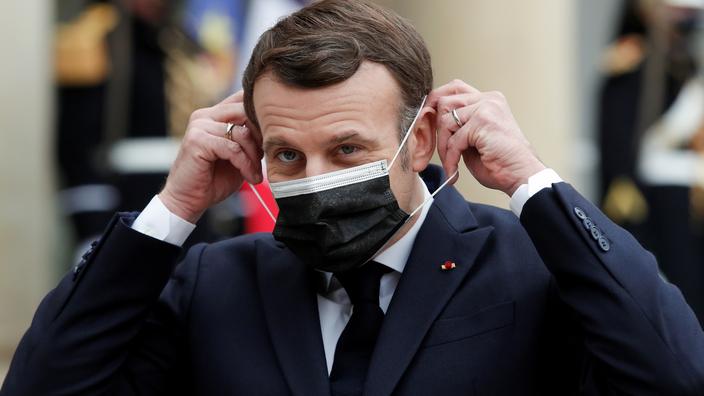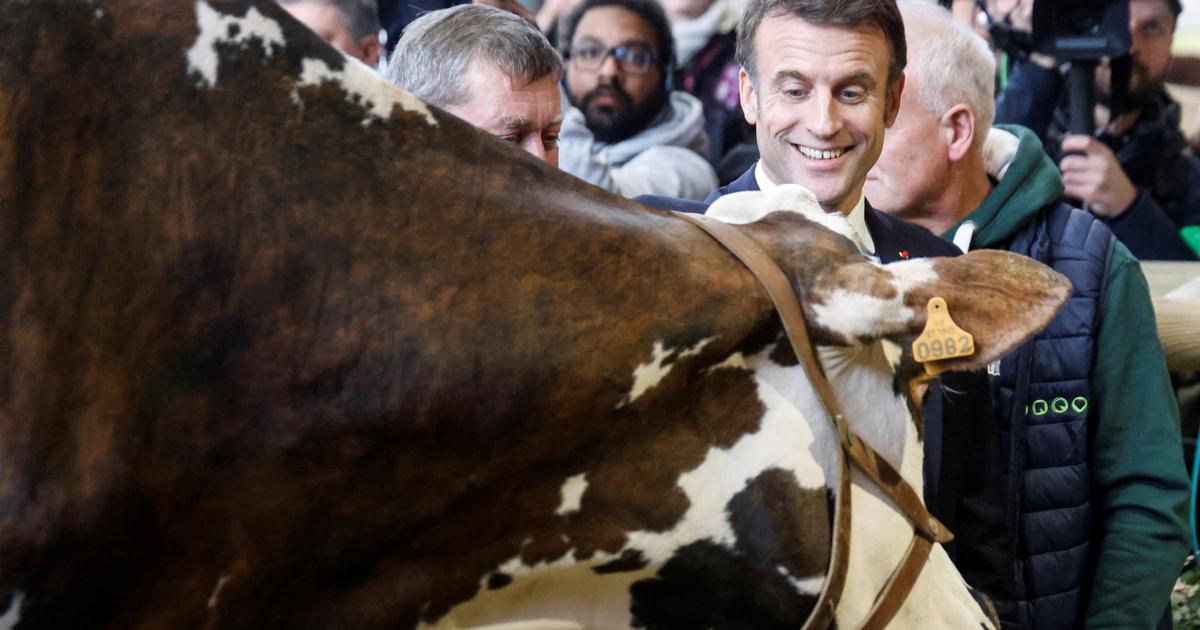A lingering scent of defiance.
The government's promises of
“transparency”
and
“action”
still fail to extinguish the harsh judgment of the population towards it.
After eleven months of health crisis, a clear majority of French people (60%) do not trust the executive power to manage the situation due to the Covid-19 epidemic, according to an Odoxa-Backbone Consulting survey for
Le Figaro
and France Info .
Read also: Vaccine: Macron "puts the pressure" and sets an ambitious schedule
This skepticism has only slightly decreased (-4 points) since last October.
It mainly affects all categories of the population, with the exception of supporters of La République en Marche (only 11% of mistrust), and upper social categories (49%).
The most critical are the popular categories (68%), the inhabitants of the countryside (64%) and the sympathizers of the National Rally (86%).
"Original sin" of masks
The French have expressed their doubts from one poll to another, at each of the three main stages in the fight against the pandemic - protection, screening, vaccination.
The
"original sin"
of the masks shortage last spring, long delays in test results in the fall, and the slowness of early vaccination form
"a succession of" bugs "perceived"
, originally a
"feeling of ineffectiveness over time"
, explains the president of the Odoxa institute, Gaël Sliman.
Read also: Can all French people who wish be vaccinated by the end of the summer?
Lack of clarity, perspective and sincerity: the detailed opinion of the population is particularly harsh for Emmanuel Macron.
More than seven in ten French people (71%) believe that the government “
did not take the right decisions at the right time
” and that it does not “
tell them the truth
” (73%), when an even higher proportion feel that they are not “
clear
” (81%), nor that they “
know where they are going
” (78%).
Reconfinement deemed inevitable
The multiple recent speeches by the executive - intervention by the Head of State at TF1's "8 p.m." on Tuesday, speech by Prime Minister Jean Castex this Thursday - do not reassure a fatalistic public opinion, convinced that a new confinement is inevitable.
Result, despite the many statements of Gabriel Attal, who keeps repeating that there is "
a real way
" to "
avoid
" this option, some seven in ten French (69%) are preparing for it, convinced that it will fall to them. over the next few days - a prediction shared mostly across all categories of the population.
"Not to confine is necessarily risky: if we are forced to confine in a week, it is because we messed up
", concedes a minister
.
"
But if it's in a month, that's another story, we can explain to the public that we did everything to prevent it."
Read also: Containment pushed back: the secret story of Macron's surprise decision
Eager to see screening and vaccination speed up, the French finally support the deployment of saliva tests (84% support), a means of testing oneself, as well as the authorization in France of Russian or Chinese vaccines (52%) .
To “
live better with the virus
”, according to the President of the Republic's phrase, most citizens are also in favor of
health
“
passports
” (58%) - a negative result for Covid-19 within 48 hours - and vaccines (64%) to be able to access bars, restaurants and places of culture.
The deployment of vaccines has therefore contributed to a reversal of opinion, until then mainly opposed to such a permit for immunized people.
Read also: Vaccines: the shortage trap is closing on the executive









